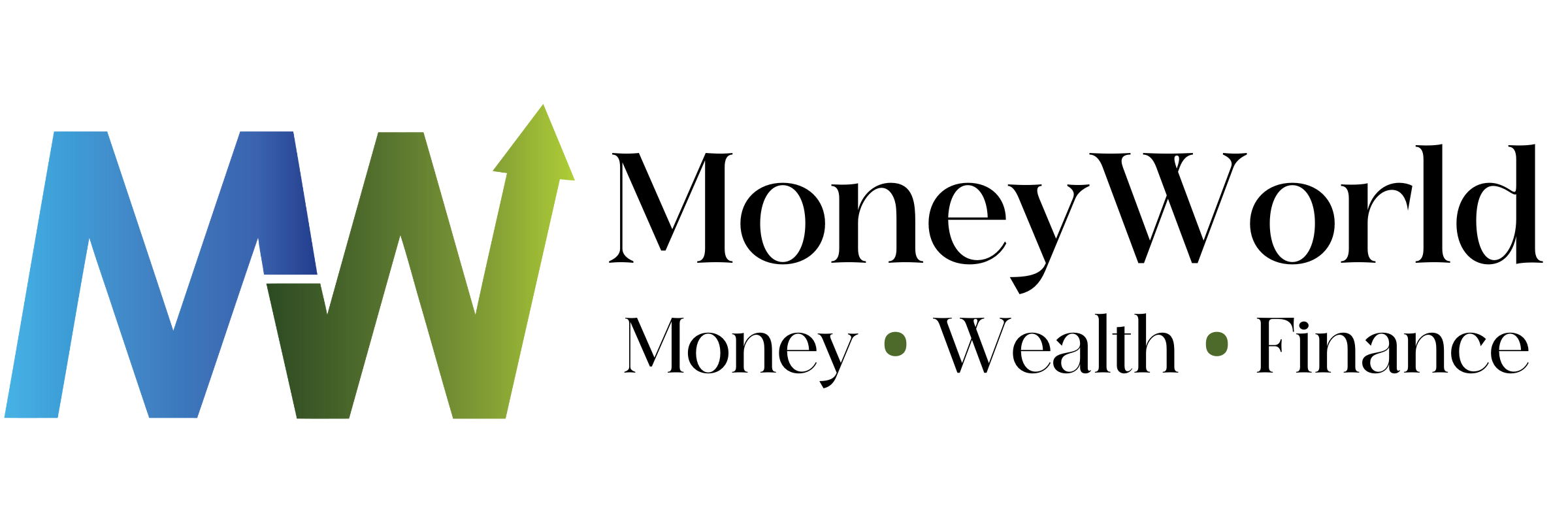8 ways to manage your family finances
Managing family finances can feel overwhelming, especially if you’re juggling responsibilities. Whether you’re starting a family, raising children, or caring for aging parents, it’s crucial to have a clear picture of your financial health. Start by understanding your current spending habits, defining long-term goals, and seeking advice when needed. This article provides practical tips to help you feel more confident about your money and secure a stable financial future.
No matter where you are in life, taking small, consistent steps toward financial wellness is always a good idea. And by “family,” we mean the people you love and care for—whether you’re married, single, or have children. There’s no better time than now to organize your finances and improve your money habits.
1. Use Your Bank’s App to Track Spending
Life moves fast, and it’s easy to lose track of where your money goes. Between work, family activities, and personal interests, checking your bank account might not be at the top of your list. However, making it a habit to review your transactions regularly can have major benefits.
Your bank’s app is a great tool for monitoring your spending and savings. With just a few taps, you can see your spending patterns, identify savings opportunities, and catch errors, like suspicious transactions or unwanted subscription fees. For instance, you might spot a recurring charge for a streaming service you no longer use or find extra money to put toward your savings goals.
Although there are many budgeting apps available, don’t overlook your bank’s app. Many banks now offer financial planning tools and personalized insights that can help you stay on track. Checking in with your finances regularly can make a big difference in managing your money with confidence.
![]()









